- With Indonesia's official accession, the BRICS family welcomed its first Southeast Asian member in history

With Indonesia officially becoming a member of the BRICS cooperation mechanism, the BRICS family welcomes its first Southeast Asian member. This not only highlights and enhances the representativeness of the BRICS cooperation mechanism, but also injects new vitality into the cooperation between countries in the "global South".
Indonesia is the fourth most populous country in the world, with the largest Muslim population. It is also the third largest developing country in Asia, the largest economy in Southeast Asia, a member of the G20, and a strategic hub connecting the Indian Ocean and the Pacific Ocean. Its accession to the BRICS family significantly enhances the influence of this mechanism and marks the comprehensive coverage of the geographical dimensions of BRICS countries. In history, the 1955 Bandung Conference in Asia and Africa gave Indonesia a unique symbolic significance in the pursuit of self-improvement by developing countries and the unity and cooperation of countries in the "global South". Indonesia's official membership in the BRICS undoubtedly highlights the power of Southeast Asia in the 'global South'.
The BRICS cooperation mechanism has undergone three expansions. The first expansion was achieved in 2011, with South Africa officially joining. The second expansion occurred on January 1, 2024, when Egypt, the United Arab Emirates, Iran, Ethiopia, and other countries officially became members of the BRICS family. The addition of these new members marks the formal integration of countries with abundant production capacity (such as key resources such as oil and natural gas) and playing an important role in Middle Eastern and African affairs into the BRICS, further enhancing the representativeness and influence of the BRICS cooperation mechanism. Now, Indonesia has officially become a member of the BRICS, marking the beginning of the BRICS' journey in Southeast Asia.
Looking back at the BRICS Summit held in Johannesburg in August 2023, leaders of various countries expressed their support for Indonesia's application to join. However, due to the upcoming presidential elections in Indonesia at that time, its formal accession process was postponed until after the establishment of the new government. According to Indonesian media, then President Joko Widodo expressed his hope that Indonesia would prioritize joining the Organization for Economic Cooperation and Development (OECD) rather than rushing to join the BRICS countries. With the establishment of the new government led by Prabowo, Indonesia's stance on joining the BRICS has become more firm, and it has quickly expressed its willingness to join, ultimately gaining unanimous agreement from the BRICS countries. In addition, on January 1, 2025, Southeast Asian countries Thailand and Malaysia were accepted as BRICS partner countries, and Vietnam was also invited to become a partner country. This series of developments undoubtedly further enhances the influence of the BRICS cooperation mechanism in the field of global economic diplomacy, especially in Southeast Asia.
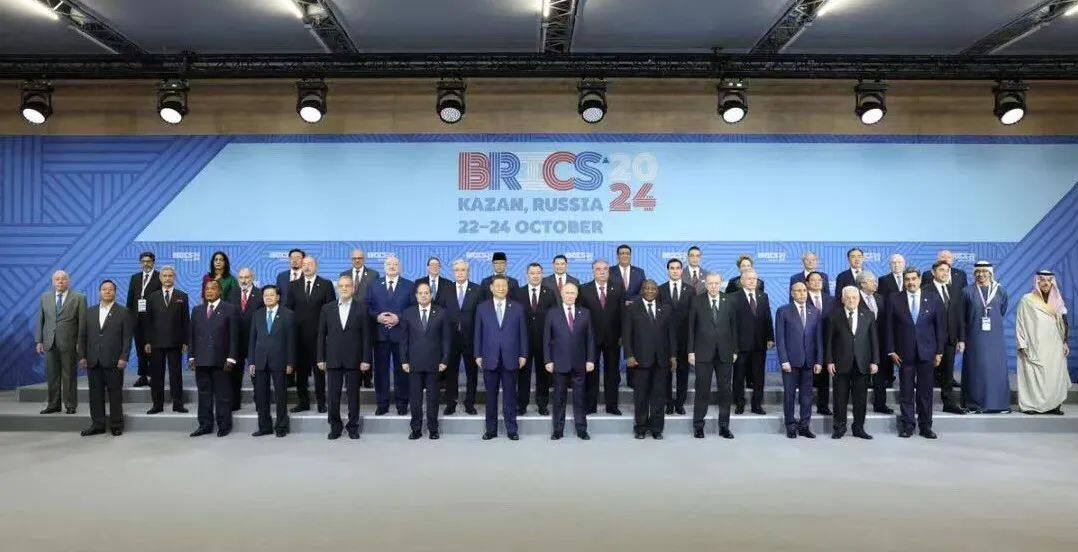
As the first group and core force of the "Global South", BRICS countries play a pivotal role in global affairs. As defenders of peace, leaders of development, and bridges of cultural exchange, BRICS countries need to play more and more important roles in the future.
Firstly, the BRICS countries need to uphold a peaceful stance and become staunch defenders of global peace and stability. In the current turbulent and uncertain global situation, BRICS countries should play a more important role as "stabilizers" of the international community, deepen cooperation among themselves, jointly address regional conflicts and global challenges, and strive to build a lasting peaceful and stable international order.
Secondly, the BRICS countries need to revitalize their development engine and become the backbone of promoting global common prosperity. Faced with the severe challenges of weak global economic recovery and widening development gap, BRICS countries should work together to promote economic globalization towards a more open, inclusive, balanced, and win-win direction, and make positive contributions to the prosperity and stability of the global economy.
Thirdly, BRICS countries need to jointly promote civilization and become active promoters of mutual learning among civilizations. The BRICS countries have rich and diverse cultural traditions and civilization forms, and should further strengthen cultural exchanges, promote dialogue and understanding among different civilizations, and jointly promote the diversity and inclusive development of human civilization.
The BRICS cooperation mechanism is not aimed at building an "anti Western alliance", but is committed to promoting the development of a more inclusive and equitable global governance architecture. At present, countries in the "Global South" account for over 40% of the world's total economy and play an increasingly important role in promoting world peace, maintaining fairness and justice, and working together to address global challenges. These countries are not only important forces driving world peace and development, but also positive factors for stability, goodness, and progress in today's world. However, the current global governance system is clearly lagging behind the development of the international situation, and the representation and voice of the "global South" countries in global governance have not been fully demonstrated. This not only constrains the development and revitalization of countries in the 'global South', but also affects the international community's ability to effectively respond to global challenges. The BRICS cooperation mechanism is committed to building a more inclusive and equitable global governance framework through multilateral cooperation, in order to promote the development of the international order towards a more just and reasonable direction.
Indonesia's accession undoubtedly brings new impetus to the BRICS cooperation mechanism. As an important country in Southeast Asia, Indonesia plays a pivotal role in regional affairs and global governance. Its accession will further enhance the voice of BRICS countries in global governance and contribute to the reform and improvement of the global governance system. At the same time, the continuous development of the BRICS cooperation mechanism has provided more opportunities and platforms for cooperation among countries in the "global South", which helps these countries to jointly address global challenges, promote dialogue and understanding among different civilizations, and promote the prosperity and stability of the world economy.(This article is from the official website of Jian Dao www.seetao.com. Reproduction without permission is prohibited, otherwise it will be prosecuted. Please indicate Jian Dao website+original link when reprinting.) Jian Dao website strategy column editor/Li Xiu'e
Comment
 Praise
Praise
 Collect
Collect
 Comment
Comment
 Search
Search


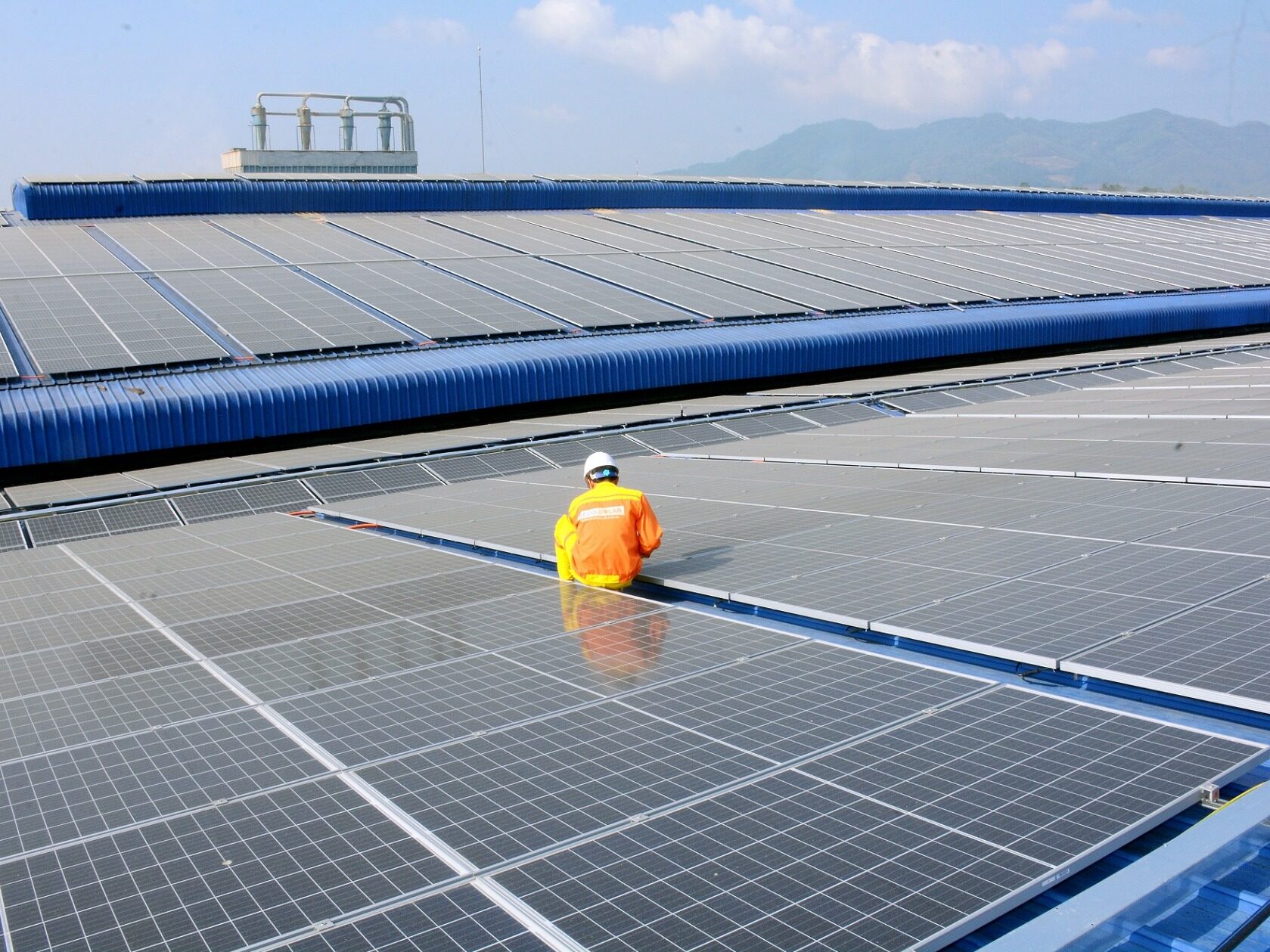
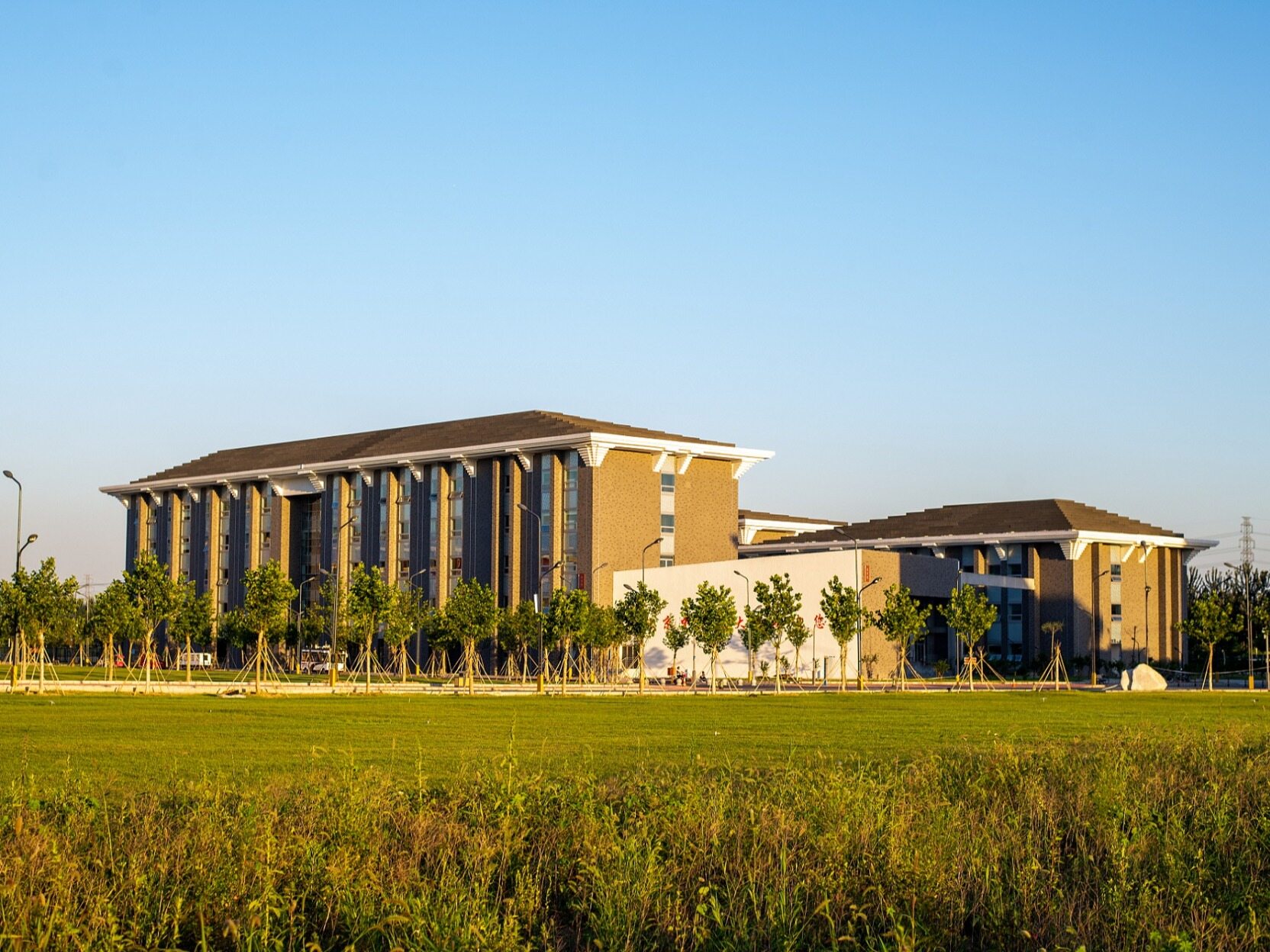
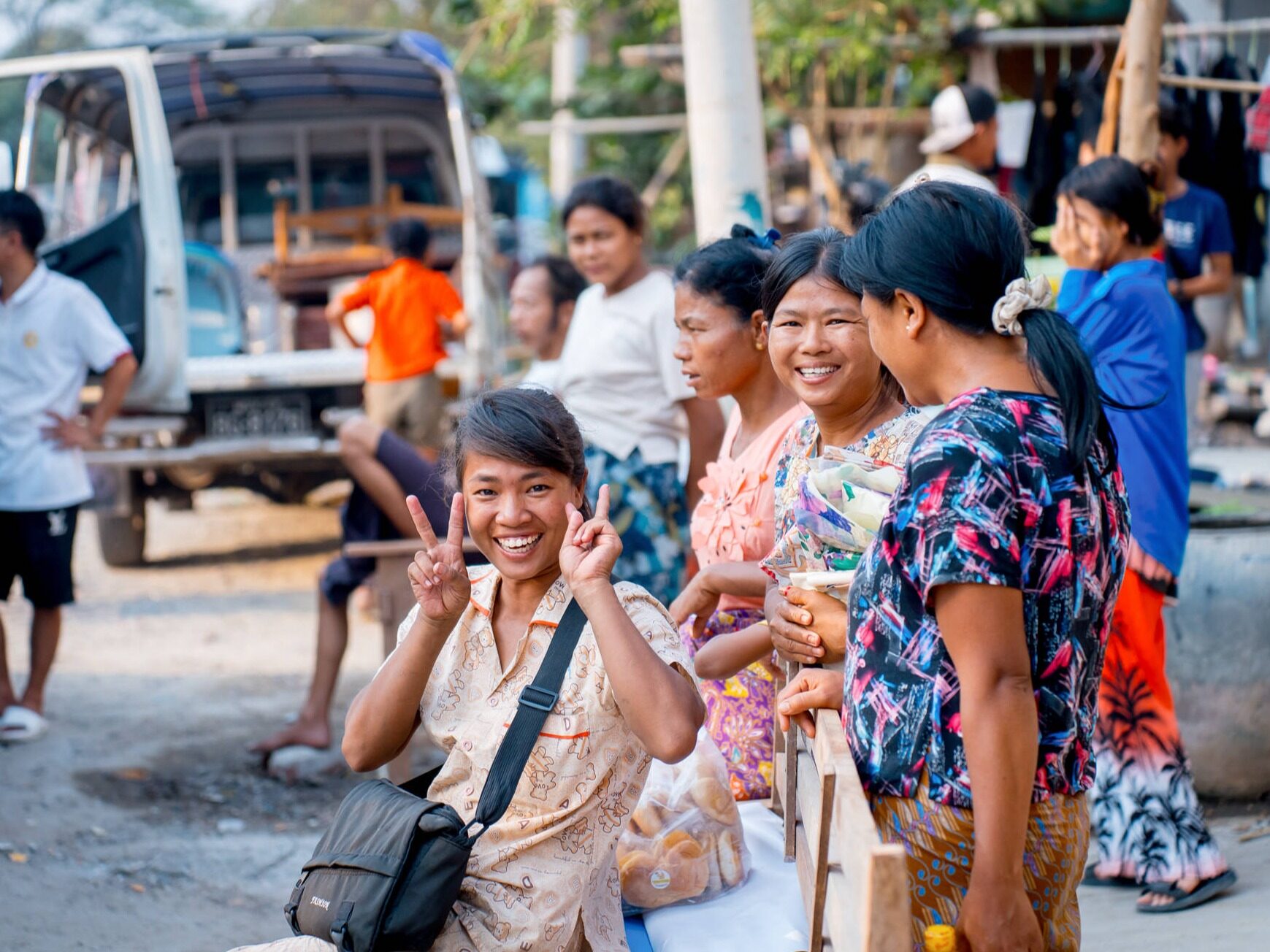
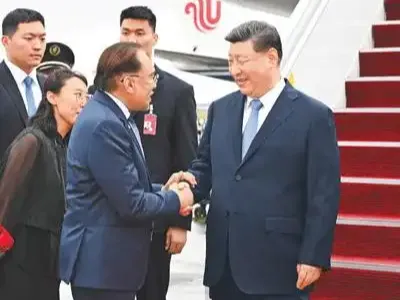
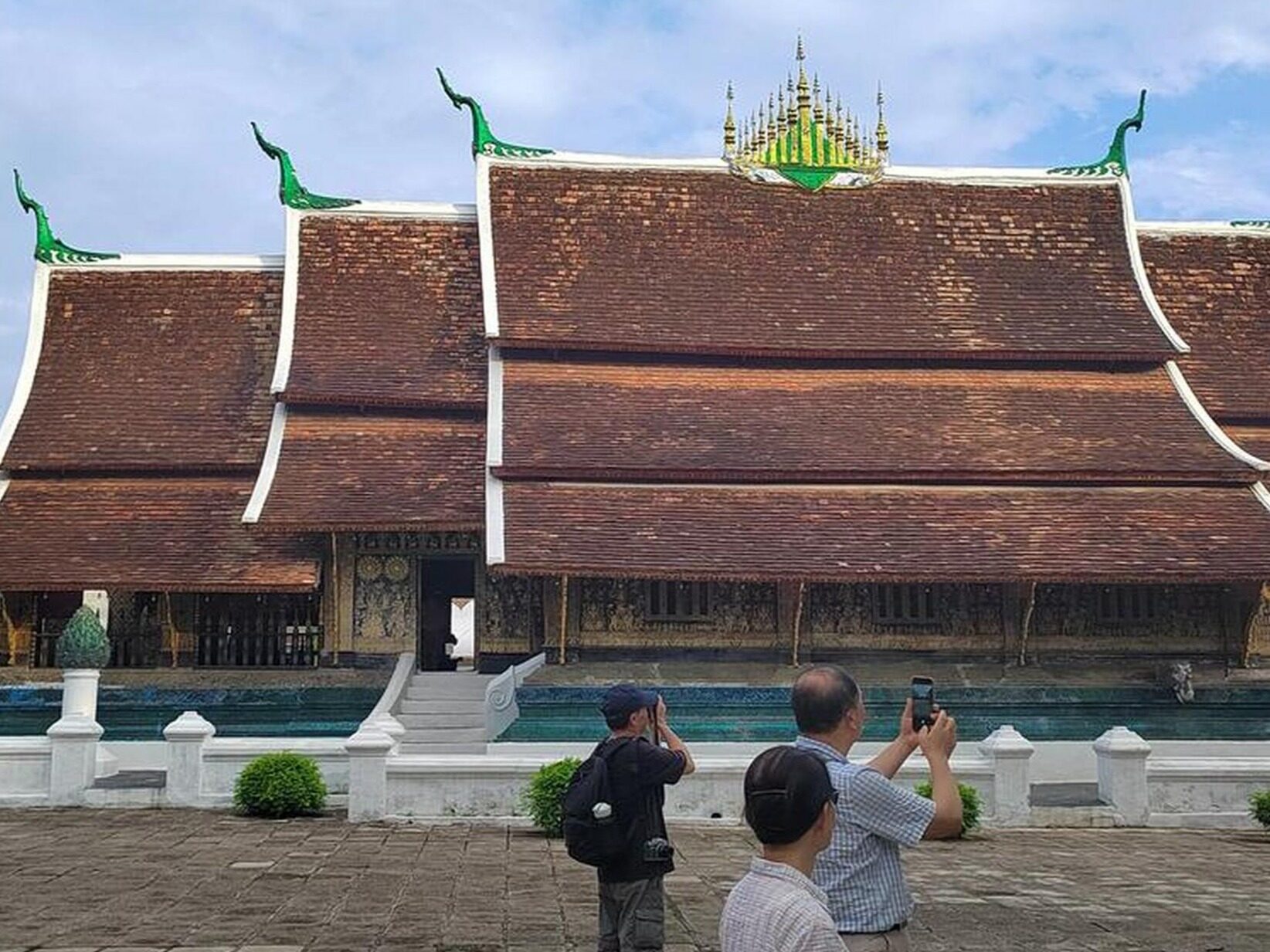







Write something~